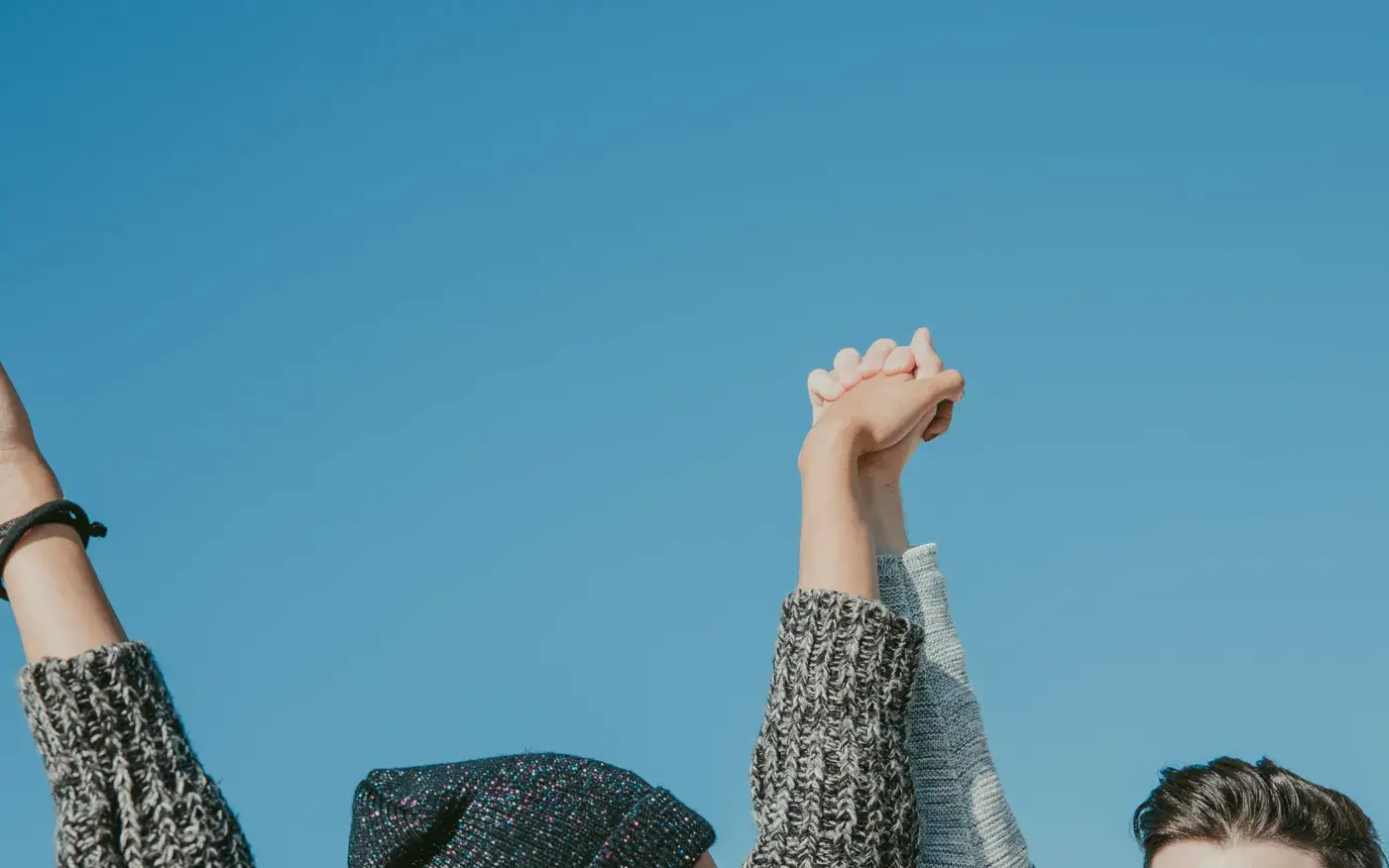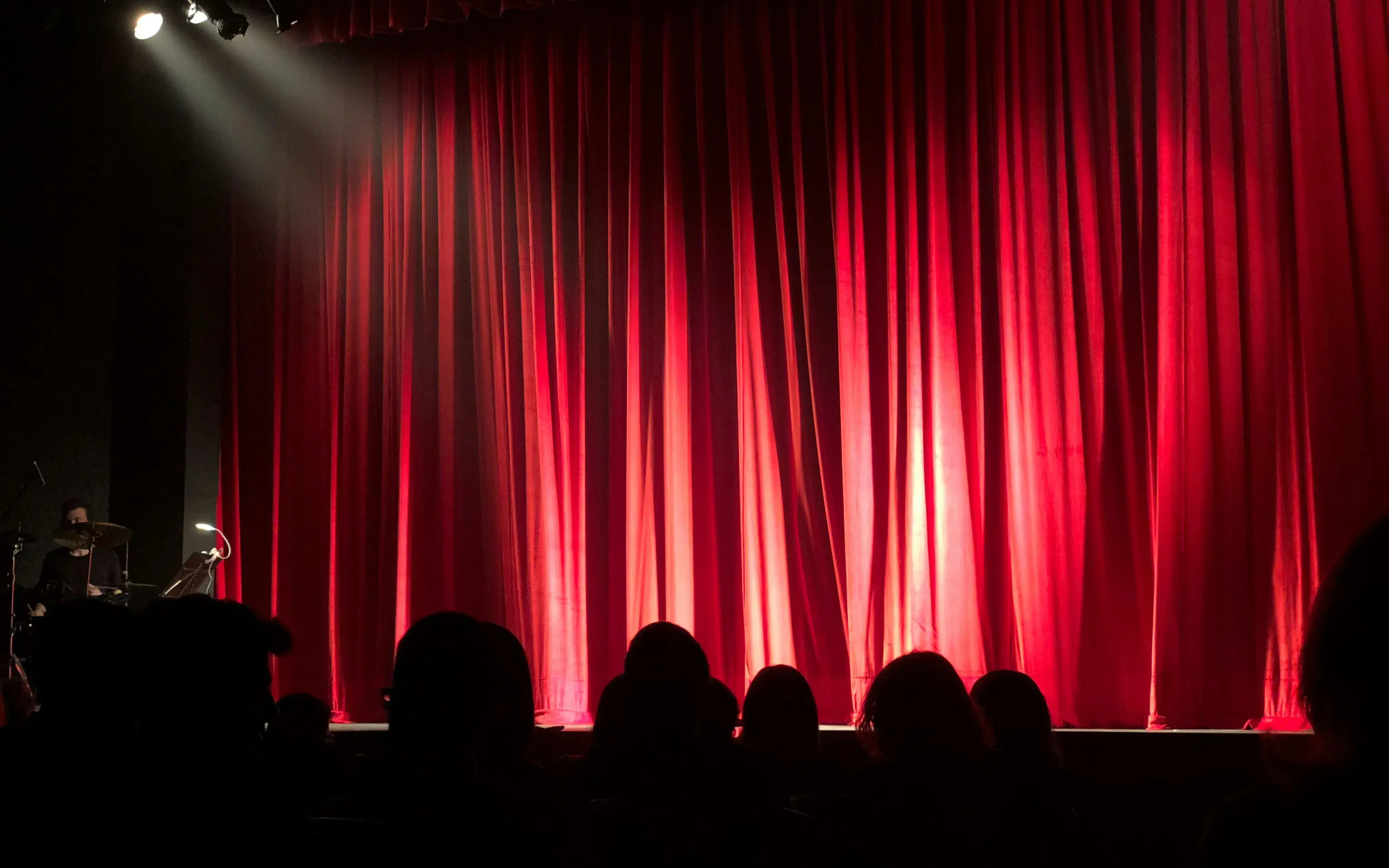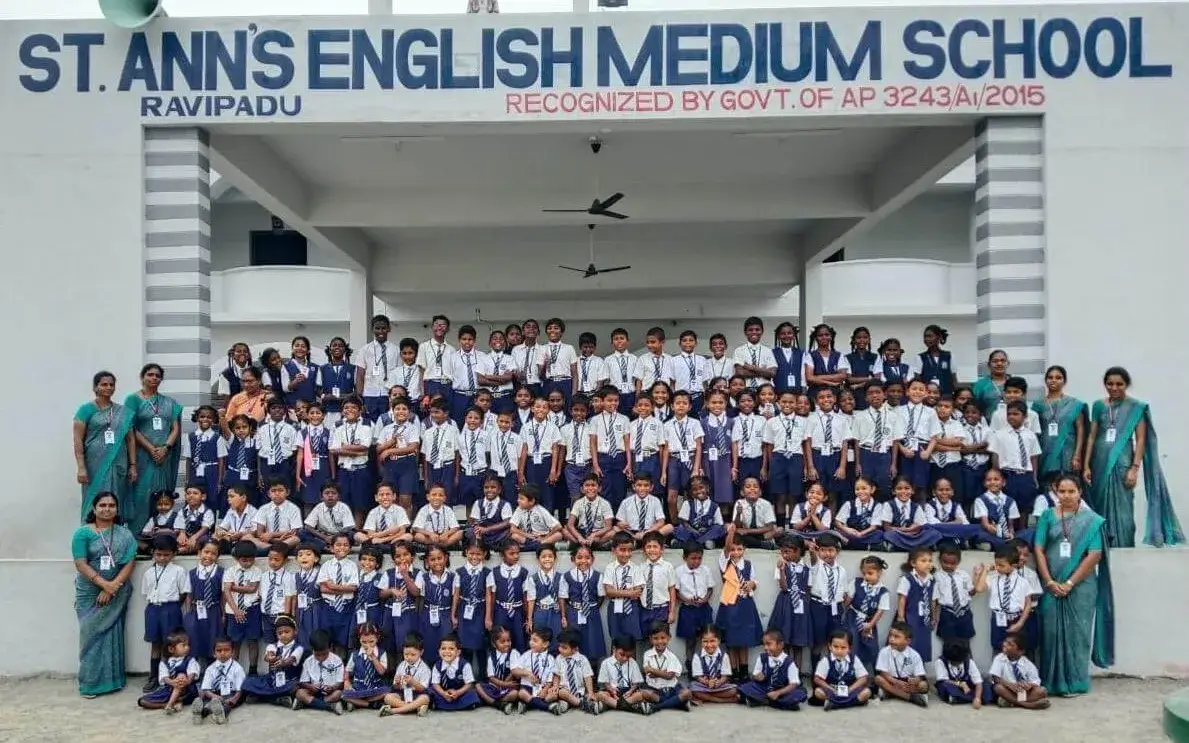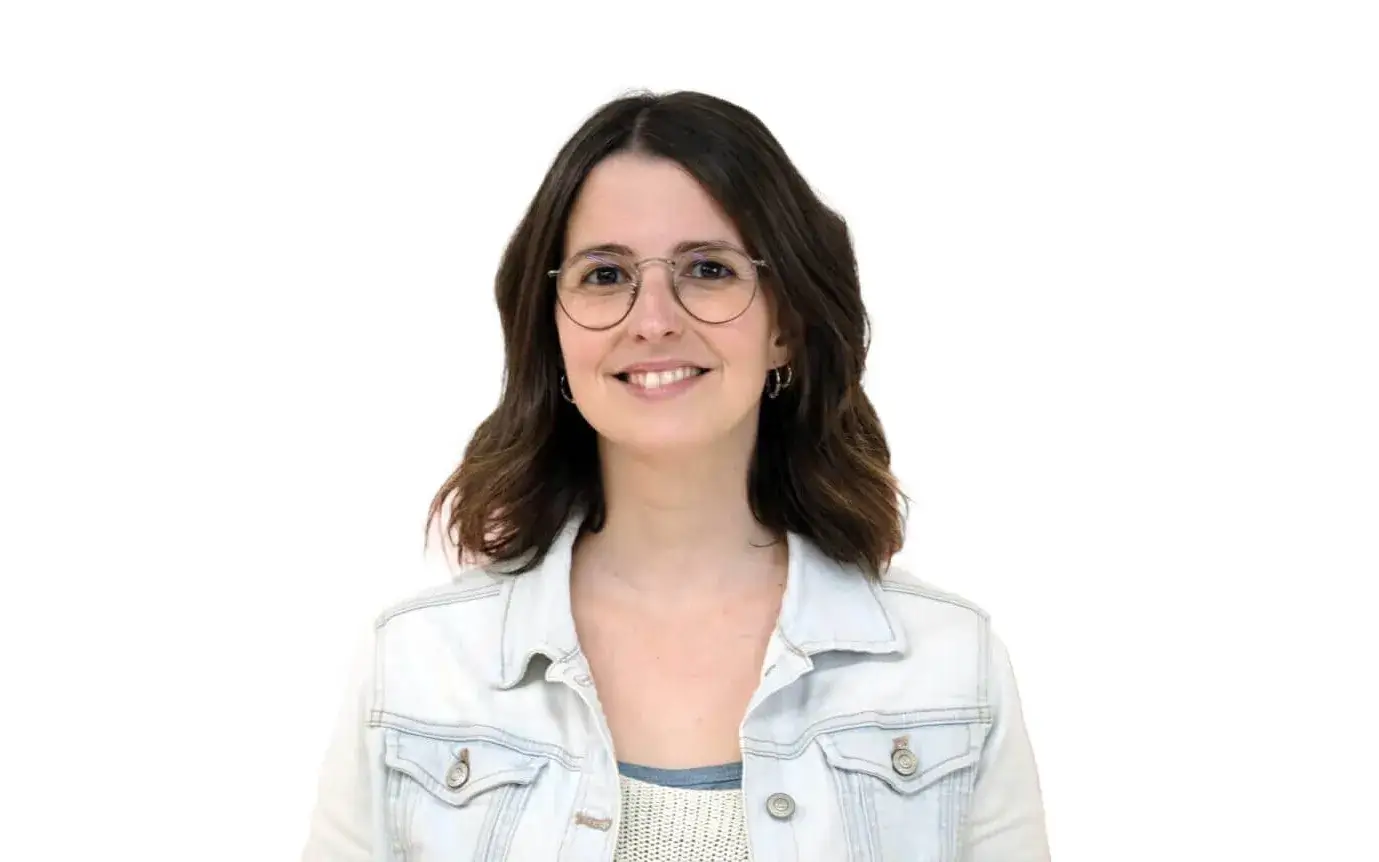The mastermind behind the Basket Beat project, who is also in charge of it, explains how through group music sessions and a basketball you can explore and develop human skills and abilities.
For a starter, could you tell us briefly about the Basket Beat project?
We are an organization that organizes educational spaces by playing music in a group and also using basketballs. The goals are to encourage people to come together and develop a critical spirit while also disturbing, prompting and accompanying institutions; this is the official version.
And the unofficial version?
For us, Basket Beat is a way of working together as educators, forming a political view, looking at ourselves and dissecting the way in which we look at others.
Sometimes we are made to believe that social issues should remain in the hands of certain groups, but it’s not true; social issues are everyone’s responsibility and we must be able to put into practice a democratic, ethical, collective and dynamic culture.
What sort of activities do you develop?
We focus primarily on three areas: educational projects, meaning arriving at a place, forming a circle, giving each participant a basketball and developing a space to work and grow; research and training, and the Orchestra.
You have your own orchestra?
Yes, half of our members are educators, and the other half are people who have participated in the processes of Basket Beat and who now enter a professional format that does away with the teacher/learner relationship and where everyone is equal.
In your methodology, we find two pillars defining your work; group music and basketballs. Where did this idea come from?
In 2009 I was working for an organization in Barcelona and our challenge was to get youth to participate in a cultural activity that would also teach them to learn, but we found it difficult. W found it hard to get youths to engage; so we thought: let’s have a project using a basketball and at least that way we will attract the attention of youths who like this sport.
And what was the outcome?
We started off working with youth basketball teams for educational processes. Gradually we saw that the methodology we were developing could be useful for all sorts of groups.
Have you heard of any similar projects?
No, not that I can think of. There are musicians and schools that use a basketball to do music. It isn’t something I invented. However, this system of doing music in a group and using basketballs allows us to educate and also learn new skills for is an innovative method and we don’t know of any similar projects in the world.
From your perspective, do you think you could offer music for the most vulnerable collectives?
We believe that transformations come from things that have nothing to do with music. But music is a powerful tool because if it a pre-verbal language that connects us to emotions and our inner self. Also, music happens here and now and if you’re not present, the rhythm and your opportunity go.
Music also represents ethnicity; each collective comes with music in them, representing difference and similarity; it’s bodily, working through one’s body is also a gateway to emotions and to the sense of belonging to a group.
Always in a group?
We do music in a group; not by couples or trios or individually. Doing it in a group allows you to understand many of the things you experience in life. Playing a violin alone is not the same as playing it with thirty other people.
Could we say that music is a tool to work on everything?
Music allows you to work on everything. We want people to believe in themselves, to recognize their potential and to be more critical, and you can deal with any issue using our methodology. People have an incredible learning capacity. In many cases we don’t teach anything; they’re things we carry in us but the system has taken them away from us, like looking at others, listening to them, and to observe silence in awe.








Add new comment